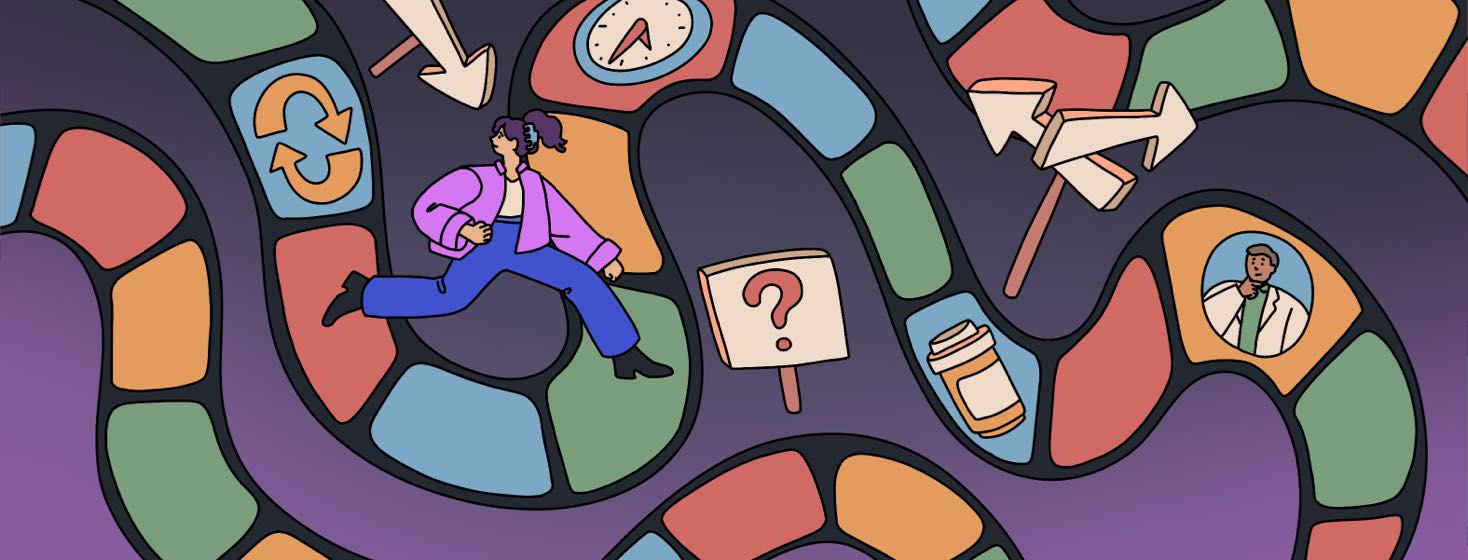Journey to Chronic Rare Disease Treatment
Living with a rare disease is difficult. Getting access to treatment for rare diseases can be inaccessible for many. Many rare disease medications are expensive and subject to price gouging. Under the Orphan Drug Act created in 1983, the FDA provides incentives to create drugs for rare diseases. This incentive includes seven years of market exclusivity, which increases the prices of rare disease drugs by preventing competition.1
Not to mention, even if we have a treatment plan in place, it is possible that treatment may have to change over time to accommodate the natural tolerance that the body can build against certain substances.
My journey to a narcolepsy diagnosis and treatment
If I were to give my past self advice about the journey to my narcolepsy diagnosis and treatment plan, I would tell myself, "It is a marathon, not a race." It can be easy to get carried away with hopes of disappearing symptoms with a single treatment. For most, though, this is not the case.
Here are three things I wish I'd known when starting out on my rare-disease treatment journey.
1. The right treatment plan takes time
Finding the right treatment plan for your rare disease isn't always straightforward. From issues with accessing specialty medications to reduced treatment options for people with rare diseases, there are many ways that we are at a disadvantage.
When I was first diagnosed with narcolepsy, I was frustrated to find that it took months to get access to treatment. There were so many insurance and medical hoops that I had to jump through. It made the experience of being diagnosed with a rare disease feel that much more vulnerable. I wish I could go back in time and tell myself to keep holding on—that things would get better, but it would take a lot more time than I'd initially thought.
Featured Forum
View all responses2. You know your body best
Side effects are real. Their effects can range from mild to deadly. It is important to know all the side effects of a medication when starting it. Listen to your body. If something doesn't feel right, bring it up with your doctor. And if they dismiss your concerns, it might be a sign to get a second opinion! On that note...
3. Don't be afraid to switch doctors
People with rare diseases have less access to medical experts in their field; that much is true. I was so scared of losing access to treatment that I stuck with a certain narcolepsy doctor for far longer than I should have. This doctor disregarded my concerns over my medication side effects for a certain drug and made it out to be one of the only viable options for treating my narcolepsy (which is far from the truth).
If you feel that your doctor is putting profit or ego ahead of your needs, a second opinion from a different medical provider might be enough to help you find more treatment options for your rare disease. Doctors are employed by their patients... you can "fire" them for any reason!
What do you wish you knew before starting your treatment journey?
Finding an adequate treatment plan for my rare disease took years. It can be difficult to make it through this process when blaming yourself for the process taking so long.
What do you wish you knew before starting your rare disease treatment journey? Share in the comments below.

Join the conversation